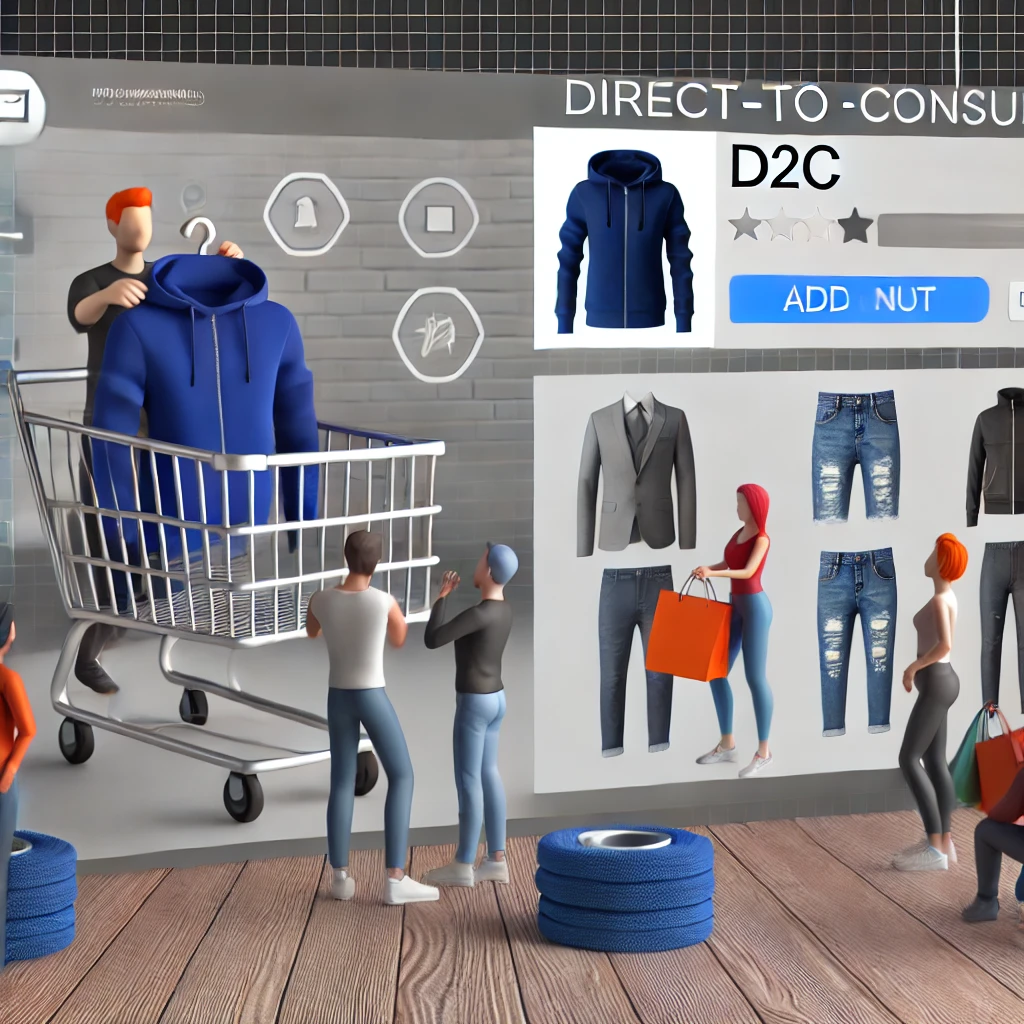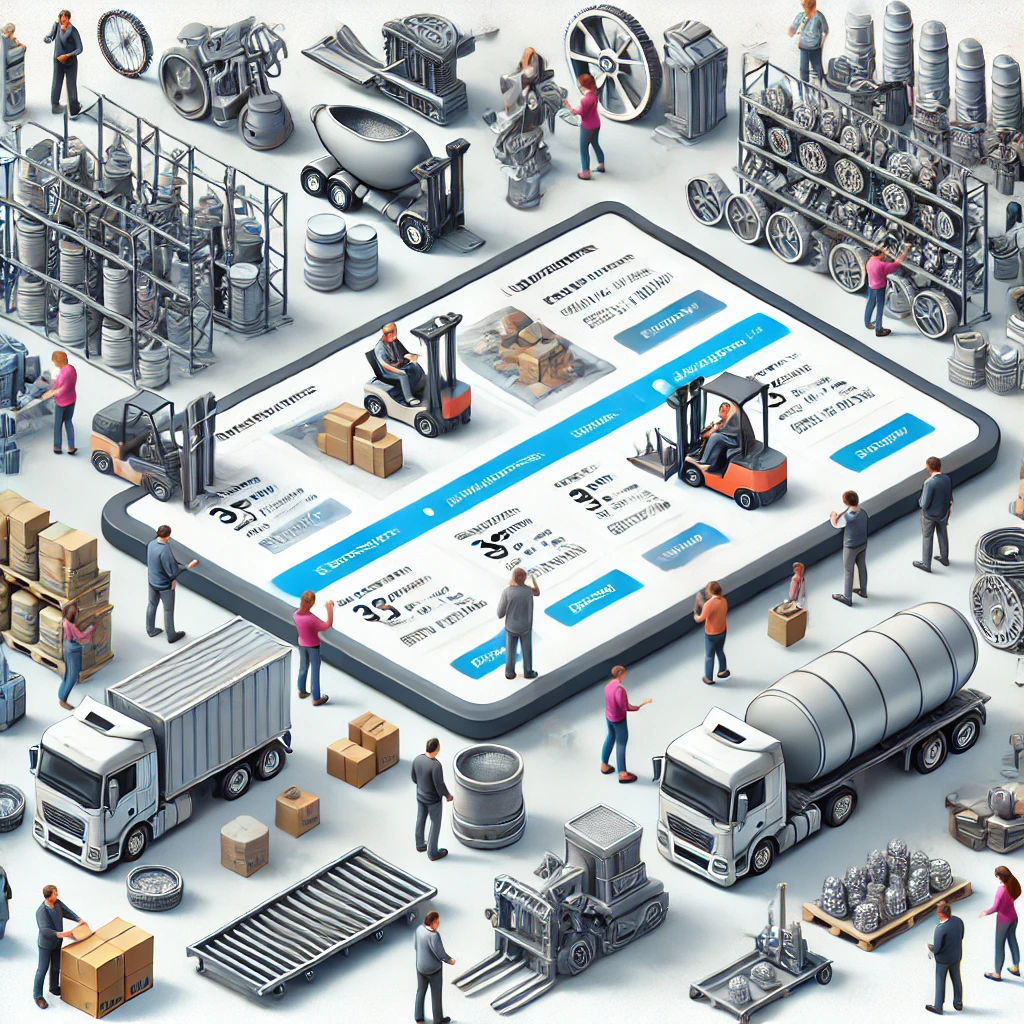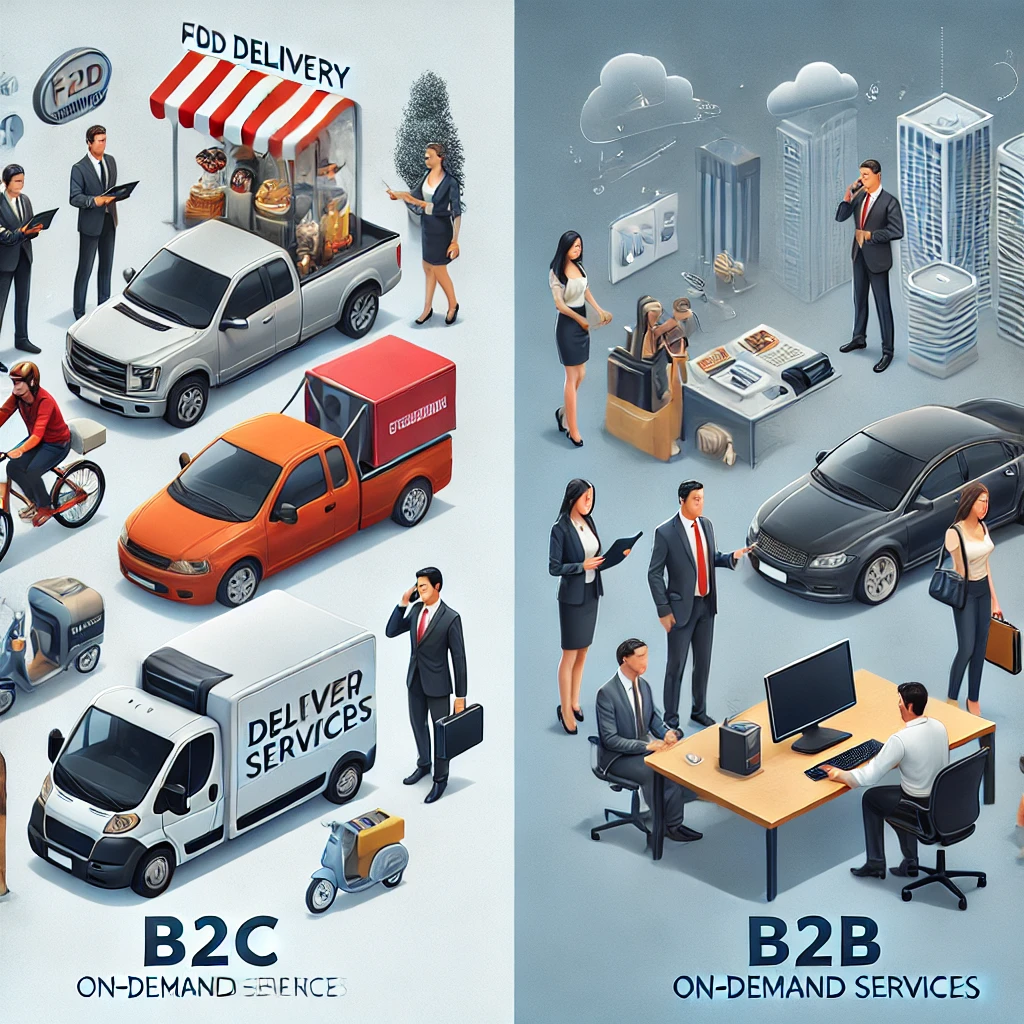In the rapidly evolving digital landscape, ecommerce has become a critical component for both B2B and B2C companies. At QRES, we specialize in developing innovative ecommerce solutions that not only streamline operations but also unlock new business models, enabling companies to thrive in the competitive market. This article explores the transformative potential of ecommerce solutions and how they can create new opportunities for businesses.
The Role of QRES in Ecommerce
QRES is at the forefront of ecommerce innovation, providing tailored solutions that cater to the unique needs of various industries. Our platform empowers businesses to optimize their online presence, enhance customer experiences, and drive growth. By leveraging our expertise, companies can adopt new business models that were previously unattainable, positioning themselves for long-term success.
Subscription-Based Models
One of the most impactful business models enabled by ecommerce solutions is the subscription-based model. This approach allows businesses to generate a steady and predictable revenue stream by offering products or services on a recurring basis. For B2C companies, this could mean monthly subscription boxes for beauty products, snacks, or books. These subscriptions not only ensure consistent revenue but also foster customer loyalty and engagement.
In the B2B space, subscription models can be equally transformative. For instance, companies can offer subscription services for office supplies or software-as-a-service (SaaS) platforms. This model provides clients with regular updates and support, ensuring continuous value and strengthening business relationships.

Direct-to-Consumer (D2C) Brands
Ecommerce solutions have also paved the way for the rise of direct-to-consumer (D2C) brands. By selling directly to consumers, brands can bypass traditional retail channels, reducing costs and gaining greater control over their brand narrative and customer interactions. This model is particularly beneficial for B2C companies in industries like fashion, where brands can showcase their unique products and engage directly with their audience.
For B2B companies, a D2C approach can involve manufacturers offering their products directly to businesses. This not only simplifies the supply chain but also allows for better customization and faster delivery times, meeting the specific needs of business clients more effectively.

Marketplaces and Aggregators
Another innovative business model facilitated by ecommerce solutions is the creation of online marketplaces and aggregators. These platforms bring together multiple vendors, providing consumers with a wide range of products and services in one place. Popular B2C examples include Etsy and Amazon, where customers can find everything from handmade crafts to electronics.
In the B2B sector, marketplaces for industrial equipment or bulk materials are gaining traction. These platforms enable businesses to source products from various suppliers, compare prices, and make informed purchasing decisions. This model not only enhances convenience but also promotes competitive pricing and transparency.

On-Demand Services
The on-demand economy has revolutionized the way consumers and businesses access services, and ecommerce solutions are at the heart of this transformation. For B2C companies, on-demand services like food delivery, ride-sharing, and home services have become increasingly popular. These services cater to the modern consumer’s desire for convenience and instant gratification.
B2B companies can also leverage on-demand models for various needs. For example, businesses can offer on-demand printing services or temporary staffing solutions, providing flexibility and scalability to meet fluctuating demands.

Customization and Personalization
Ecommerce platforms enable businesses to offer highly customized and personalized products, catering to the unique preferences of each customer. In the B2C space, this could mean customizable apparel, home décor, or even personalized health and beauty products. This level of personalization enhances customer satisfaction and drives repeat business.
For B2B companies, customization might involve tailored software solutions or bespoke machinery, designed to meet the specific requirements of different clients. By offering customized products, businesses can differentiate themselves from competitors and build stronger client relationships.

Digital Products and Services
The digital revolution has also opened up opportunities for selling and distributing digital products and services through ecommerce platforms. B2C companies can offer ebooks, online courses, and digital art, providing consumers with immediate access to digital content. This model eliminates the need for physical inventory and reduces overhead costs.
In the B2B realm, digital products such as software licenses, cloud services, and digital marketing solutions are becoming increasingly important. These offerings allow businesses to operate more efficiently and stay competitive in the digital age.
Omnichannel Retailing
Omnichannel retailing is another powerful business model enabled by ecommerce solutions. This approach integrates various sales channels, providing a seamless customer experience across online and offline platforms. For B2C companies, this means that customers can shop online, in-store, or through mobile apps, with consistent service and branding.
B2B companies can also benefit from omnichannel strategies by offering unified procurement platforms. This allows businesses to order supplies through various channels, ensuring convenience and efficiency.
Peer-to-Peer (P2P) and Collaborative Economy
Ecommerce solutions have also supported the growth of the peer-to-peer (P2P) and collaborative economy. Platforms like Airbnb and peer-to-peer lending services enable individuals to share resources and services, creating new economic opportunities. In the B2B space, equipment sharing and co-working spaces are examples of how businesses can leverage the collaborative economy to reduce costs and increase flexibility.
Conclusion
The transformative power of ecommerce solutions developed by QRES cannot be overstated. By enabling new business models such as subscription-based services, direct-to-consumer brands, marketplaces, on-demand services, customization, digital products, omnichannel retailing, and the collaborative economy, QRES helps businesses unlock their full potential. As the ecommerce landscape continues to evolve, companies that embrace these innovative models will be well-positioned for sustainable growth and success.
Contact us today to learn more and start your journey in ecommerce.





